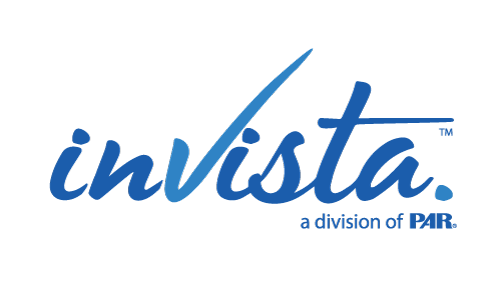Many factors impact an individual’s professional wellbeing, including whether they have autonomy over their work, to what extent there is bureaucracy at the organization, and the quality of their relationships with coworkers.
Another area leaders and individuals can consider is whether employees have meaningful and challenging work with opportunities for growth.
What does “meaningful work” mean for an organization?
It has long been established that meaningful work increases motivation, satisfaction, commitment, and intentions to stay. A Bates-Gallup study found that employees who had a high purpose in work were ten times more likely to experience overall wellbeing. Additionally, recent studies conducted by InVista[1][2]found a higher endorsement of meaningful work resulted in much higher levels of professional wellbeing (77% of employees who said they had meaningful work had high levels of professional wellbeing; of employees who said they had less meaningful work, only 60% had high levels of wellbeing).
Related article: How to truly support employee wellbeing
Organizations can increase the meaningfulness of work by illustrating the “why” behind the work and translating its significance to all employees. Assembly line workers for an automobile manufacturer each play a small part in the overall process, but their responsibility to correctly install brake pads, for example, is critical to the safety of the vehicles and the reputation of the company. In addition, you can recraft individual jobs to imbue them with more purpose and meaning. For your accountants, for example, you could create a division that serves charitable organizations. Good interpersonal relationships also bring purpose and meaning to the workplace. Consider ways to encourage connection—for example, create opportunities for coworkers to discuss their weekends or opportunities to interact with customers.
Employees can adjust, too
It’s important for individuals to be challenged and fulfilled in their work. If you’re not finding purpose in your work, change your thought process by reflecting on the “why” behind the work. Thinking about the greater significance of your work is important, even if you play a small role. Additionally, it’s important to focus on your own professional development, seeking out ways to grow and make your work more challenging.
- Make yourself an expert in an important area by conducting research, reading and writing on the topic, or speaking at a conference or seminar.
- As a senior-level person to mentor you.
- Find ways to expand your responsibility and grow new skills.
- Enroll in an online course or earn a certificate in your field, and then ask your manager if you can incorporate what you’ve learned into your job responsibilities.
Professional wellbeing is closely related to overall wellbeing. Adjusting your mindset on the purpose of your role can shift wellbeing in a positive direction.
For a FREE, complete guide to what organizations and individuals can do to improve employee wellbeing,


Recent Comments